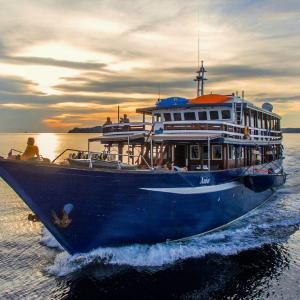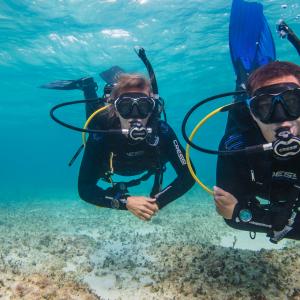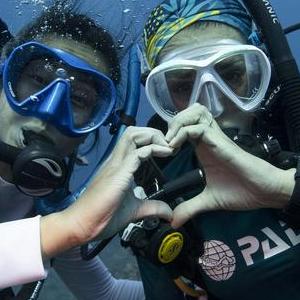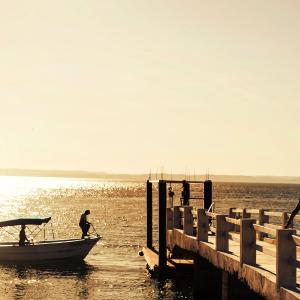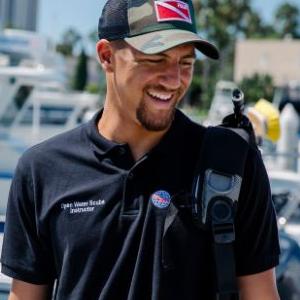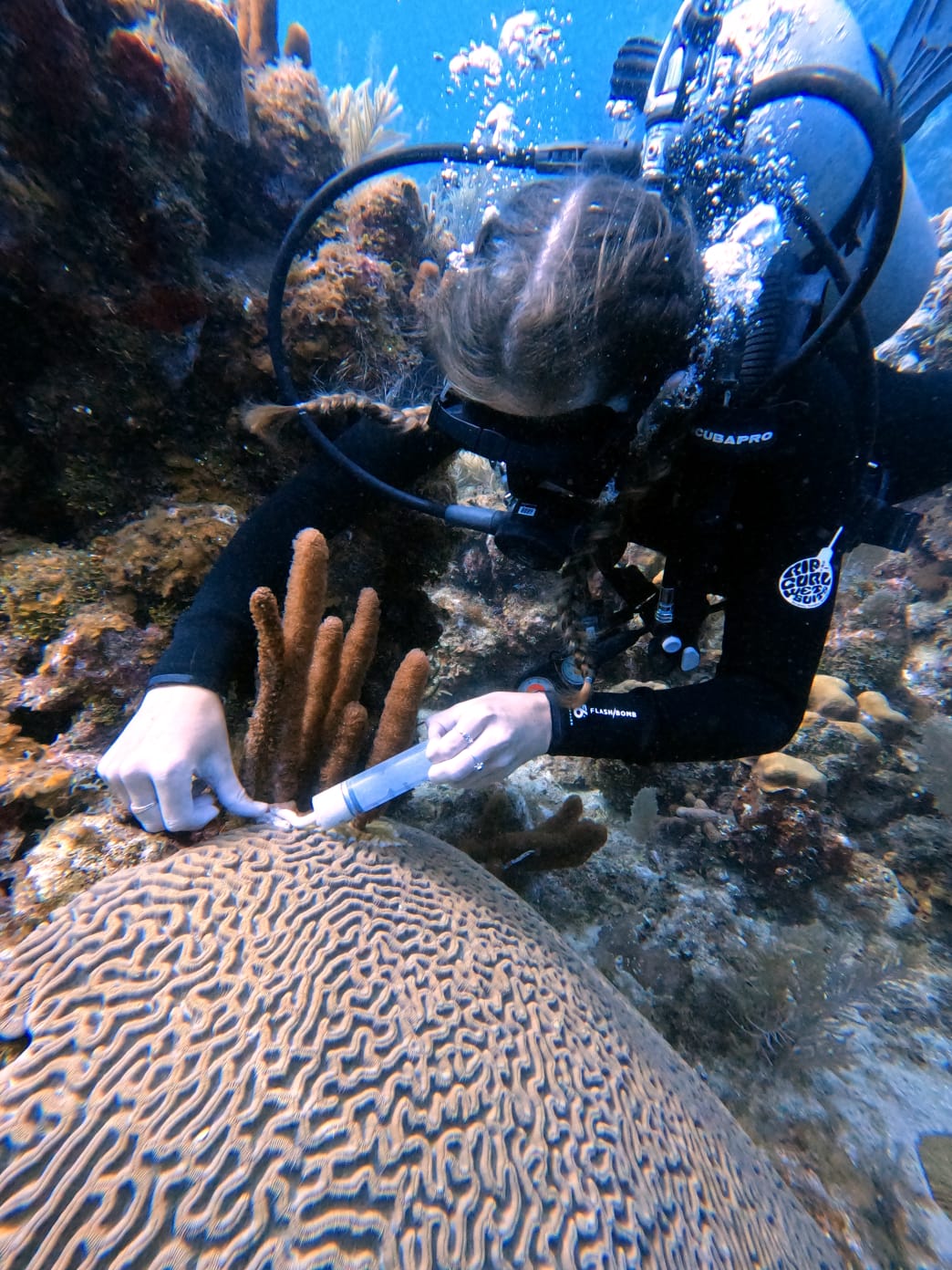
Whale Shark & Oceanic Research Center
2022 PADI AWARE Grantee
Monitoring and treating Stony Coral Tissue Loss Disease in Honduras.
The Whale Shark & Oceanic Research Center (WSORC) in Utila, Honduras invites anyone to be part of the global solutions necessary for our oceans. Founded as a whale shark research center, they’ve expanded to other ocean conservation issues. Their PADI AWARE Foundation’s Community Grant will be used specifically to monitor and treat Stony Coral Tissue Loss Disease (SCTLD) in the Caribbean.

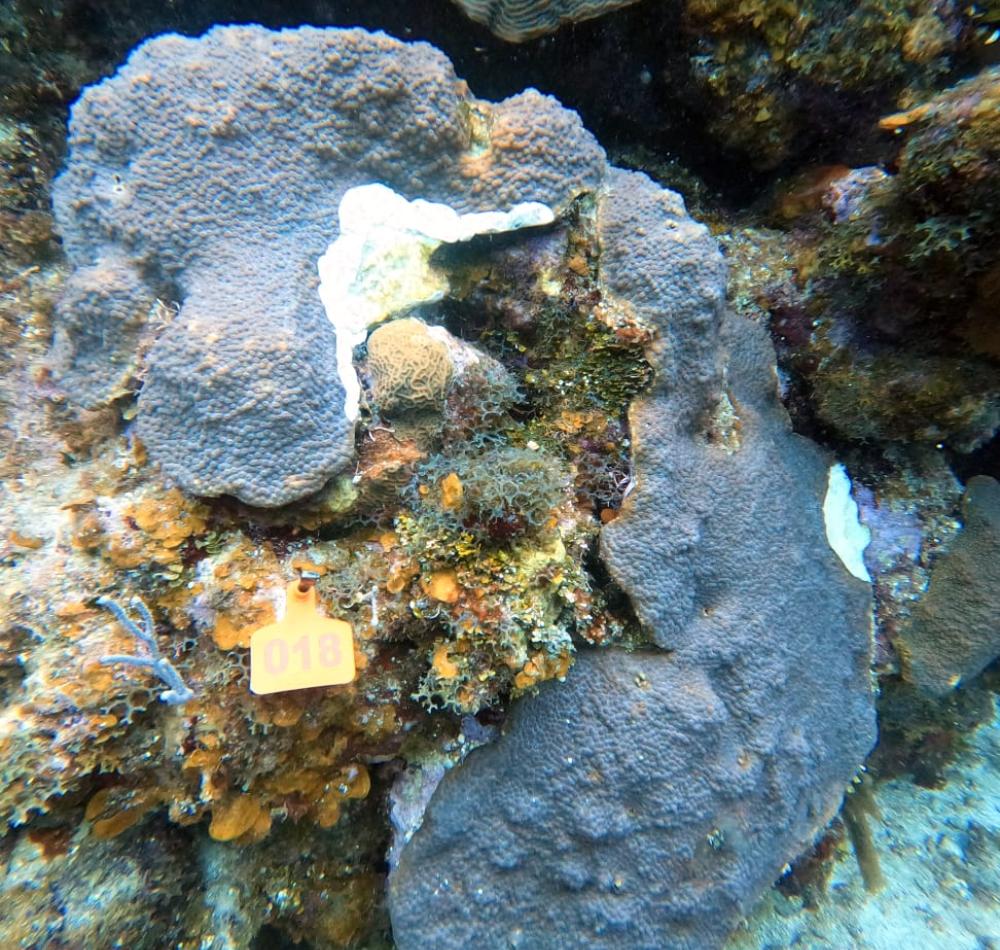
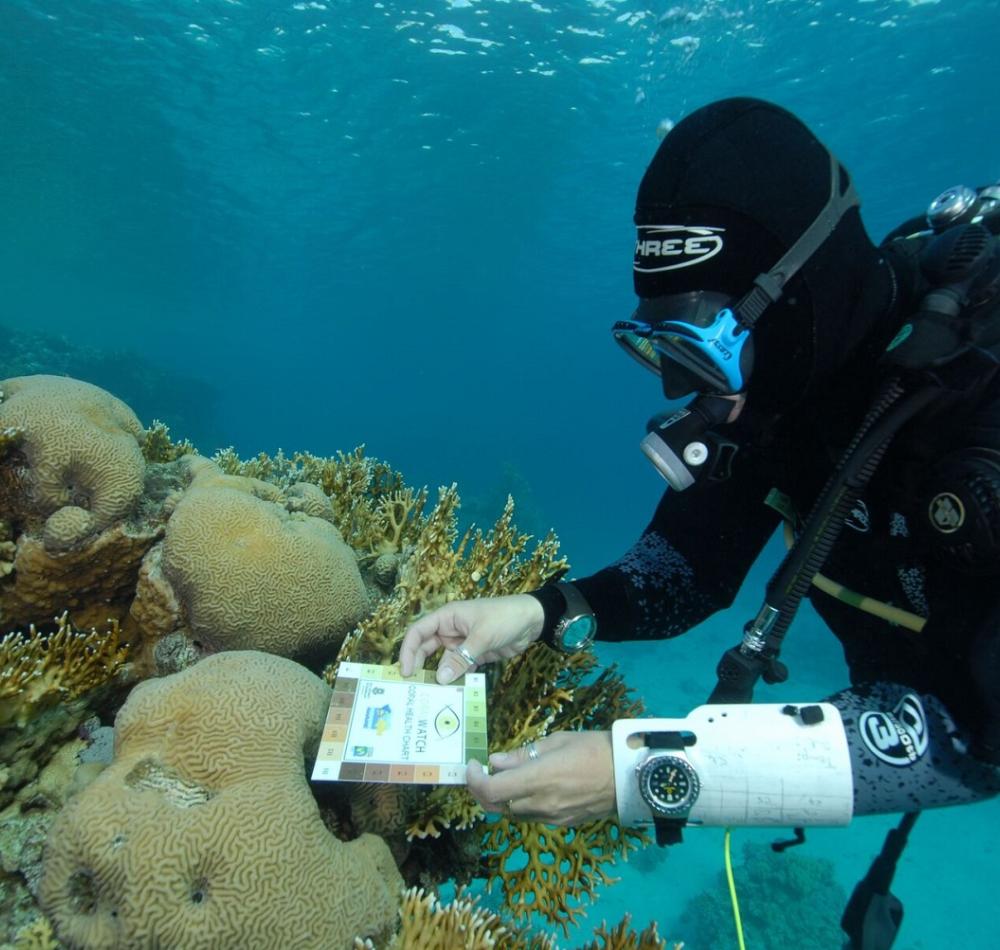
“The grant received is allowing us to fight Stony Coral Tissue Loss Disease head-on…,” said WSORC’s Rebecca Engle.
“The grant will allow us to monitor and treat vital coral colonies to help maintain species and genetic diversity on our reefs as well as gather data on the relatively new disease.”
Stony Coral Tissue Loss Disease (SCTLD), is a devastating coral disease that is threatening the extinction of nearly 30 Caribbean coral species. Its destructive qualities are unprecedented in modern coral science. First noticed in 2014 in Miami, the disease has now spread throughout the Florida Reef Tract and jumped around the world. In the Caribbean, it is wiping out coral species that have been around for millions of years and specific coral colonies 100s of years old. Scarily, it can wreak total destruction in a matter of months.
Scientists are still working to understand exactly what causes the disease and how to best treat sick corals. Leading techniques often involve an antibiotic paste, firebreaks, and rescuing healthy corals before a disease front hits.
According to Engle, the success of this project would be seeing the treated coral colonies heal and remain healthy. Beyond that, she and her team at WSORC are educating their interns, who hail from all over the world, in treatment and monitoring processes. Their hope is that the latter will return to their communities with useful and effective knowledge and skills. “Hopefully, we will see those protocols implemented throughout the Caribbean to hopefully contain the disease and slow the spread,” Engle said.
Her hope is that their efforts will slow the spread of SCTLD across the reefs, allowing the corals some time to recover. This would make them “happy beyond words,” she said. “We remain very optimistic", seeing the worldwide collaboration between countries and communities against this disease has also brought her so much joy. Watching everyone “do what it takes to protect the reefs” and knowing that her team had a part in that keeps her going.
Want to see more of the Whale Shark & Oceanic Research Center in action?
You can follow along with the Whale Shark & Oceanic Research Center and the SCTLD Management and Monitoring project on their website, Instagram, Facebook, or on https://www.padi.com/aware.

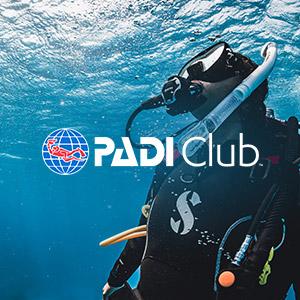
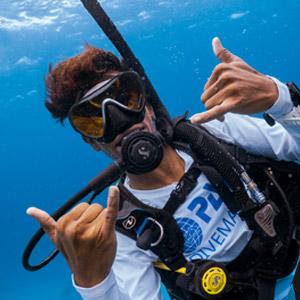

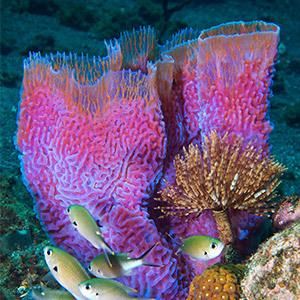
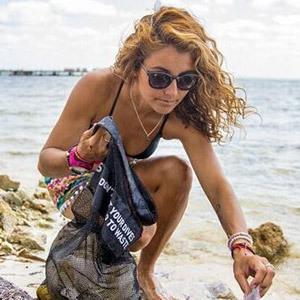

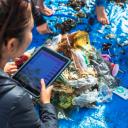 Marine Debris
Marine Debris
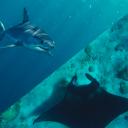 Shark & Ray Protection
Shark & Ray Protection
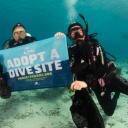 Adopt The Blue
Adopt The Blue

